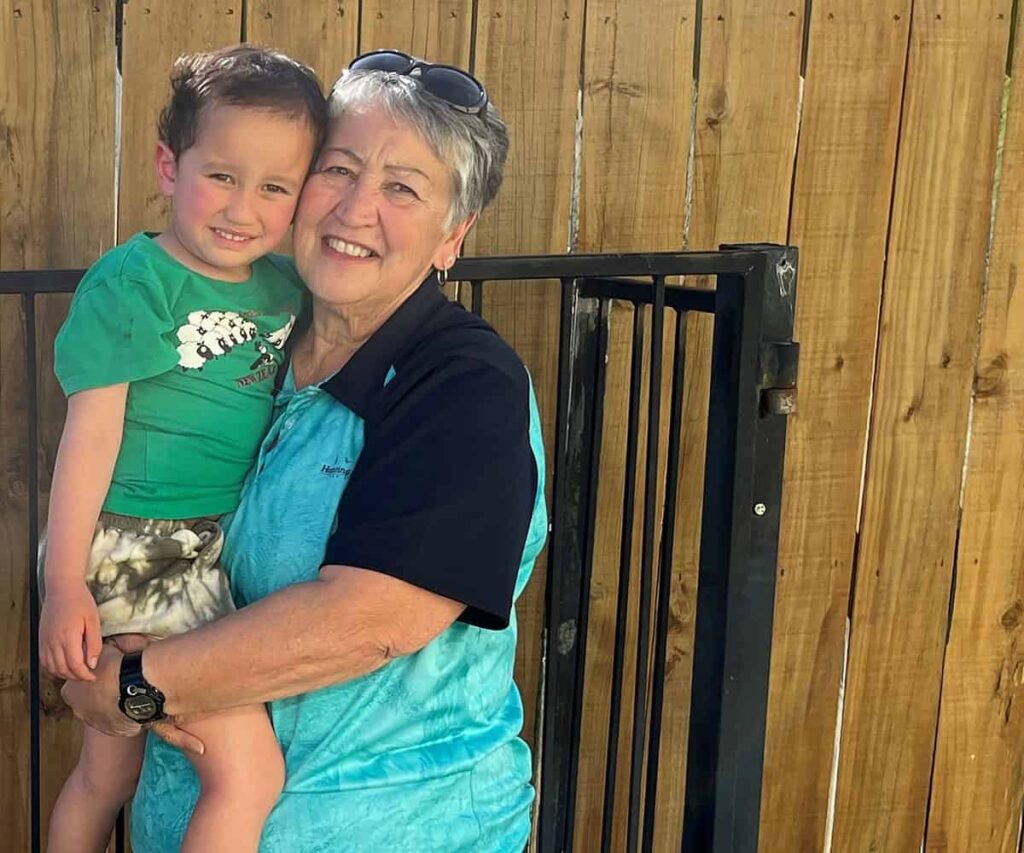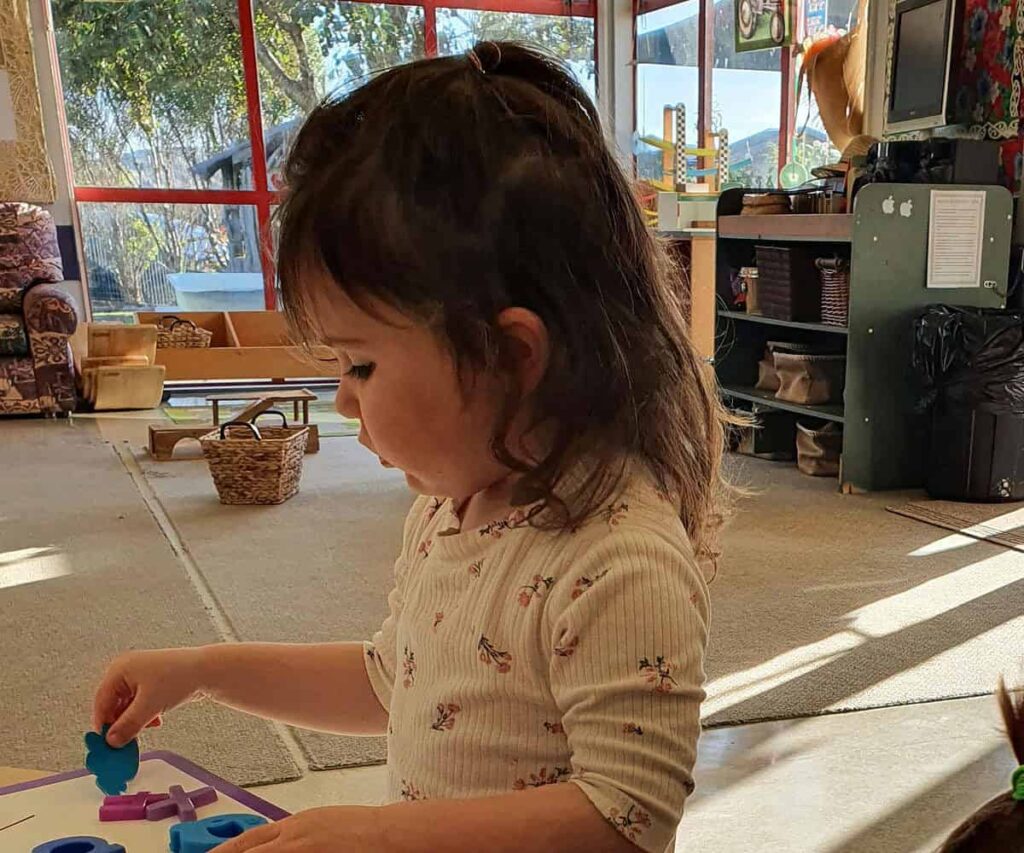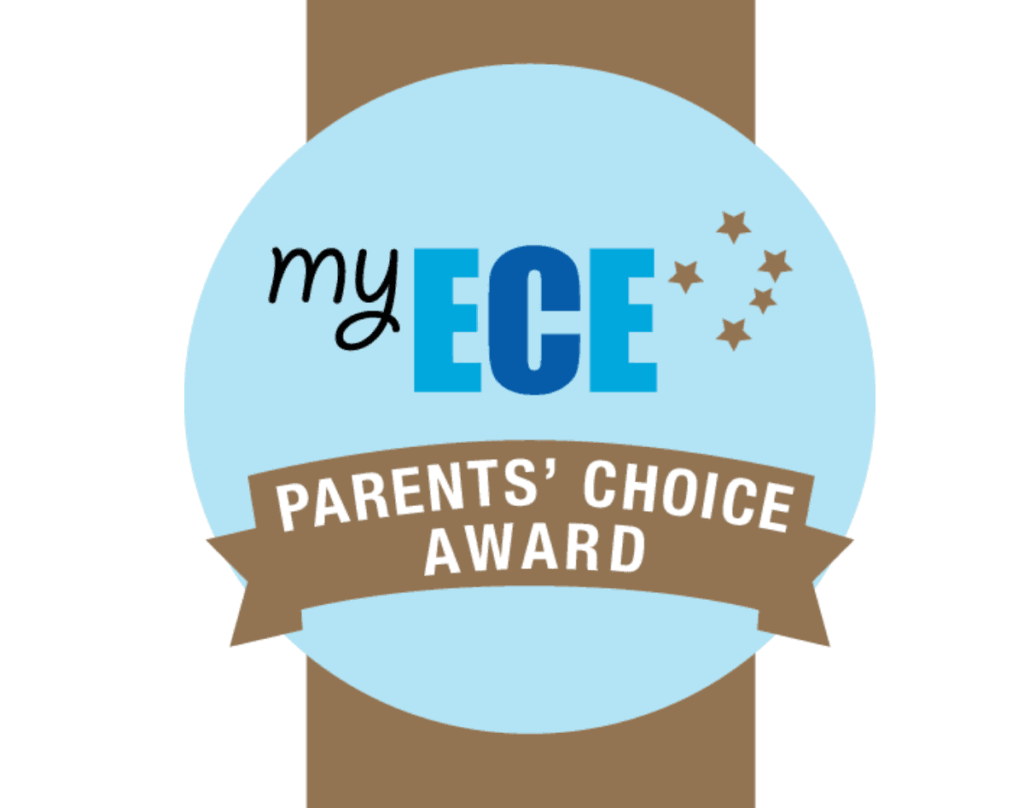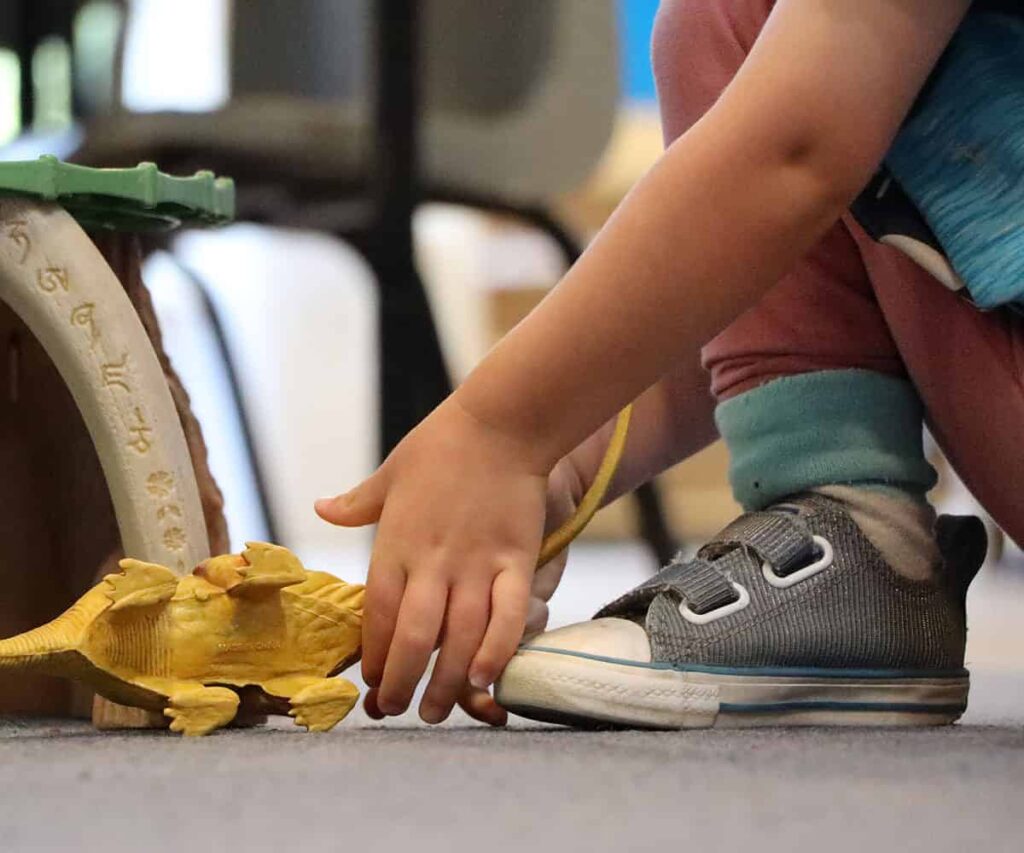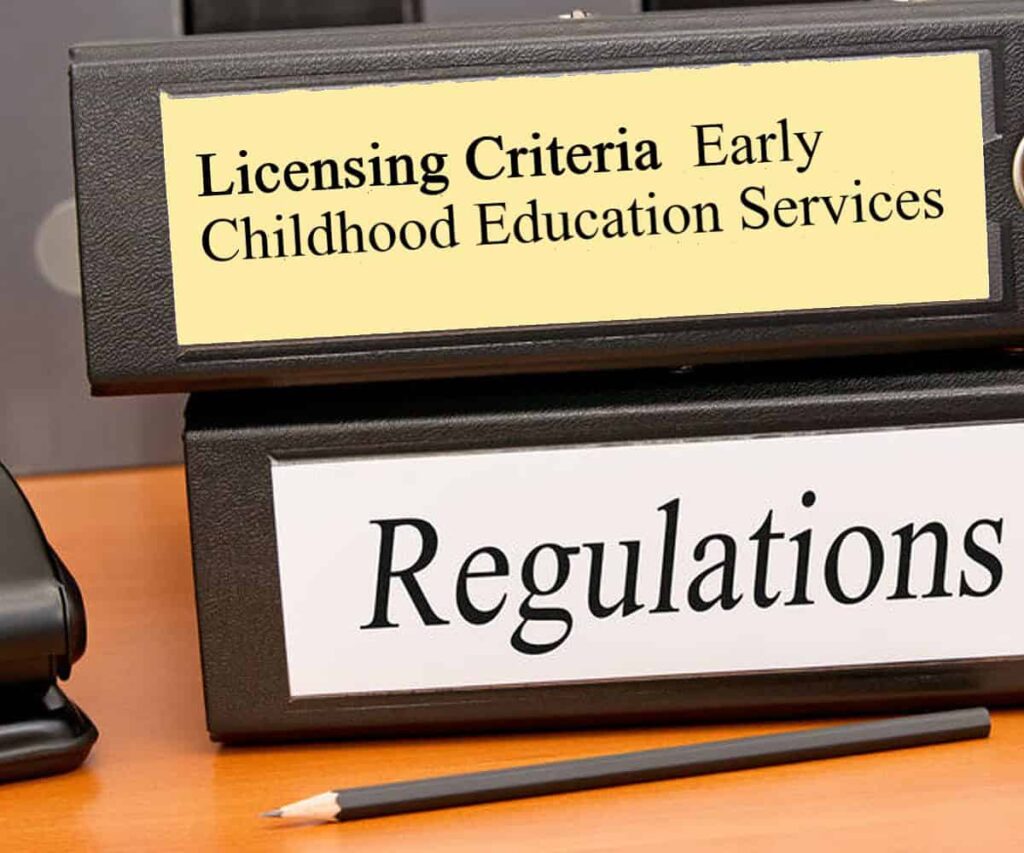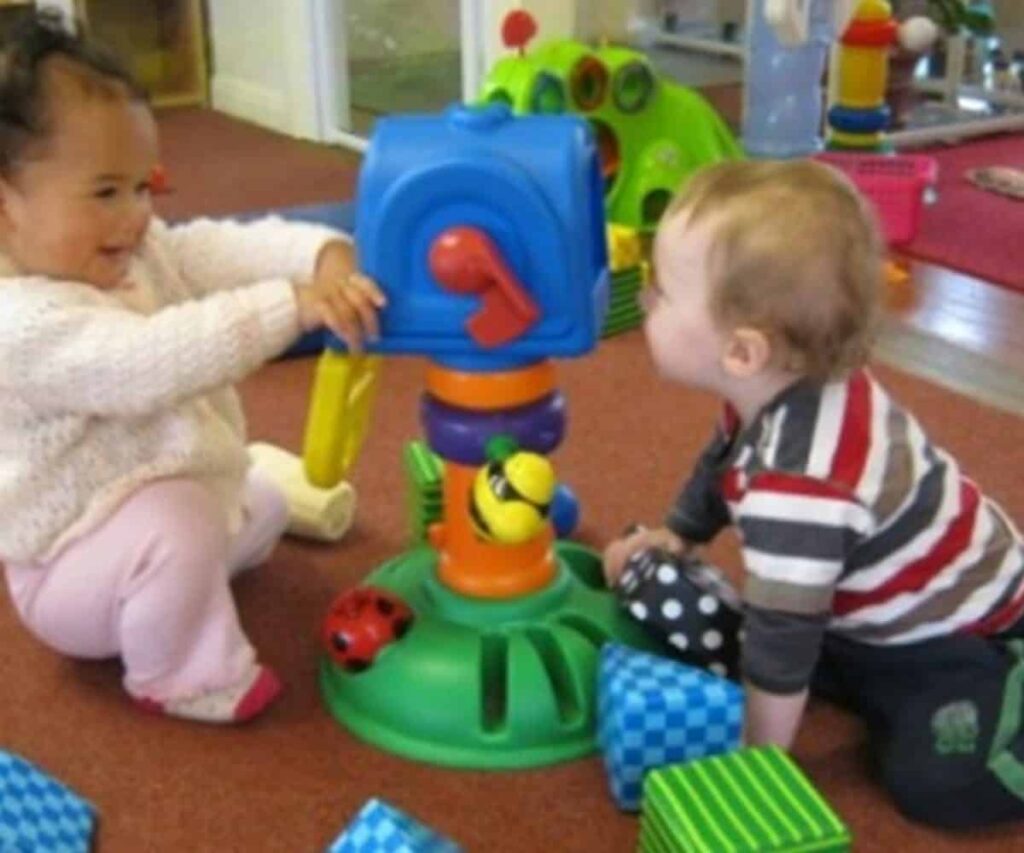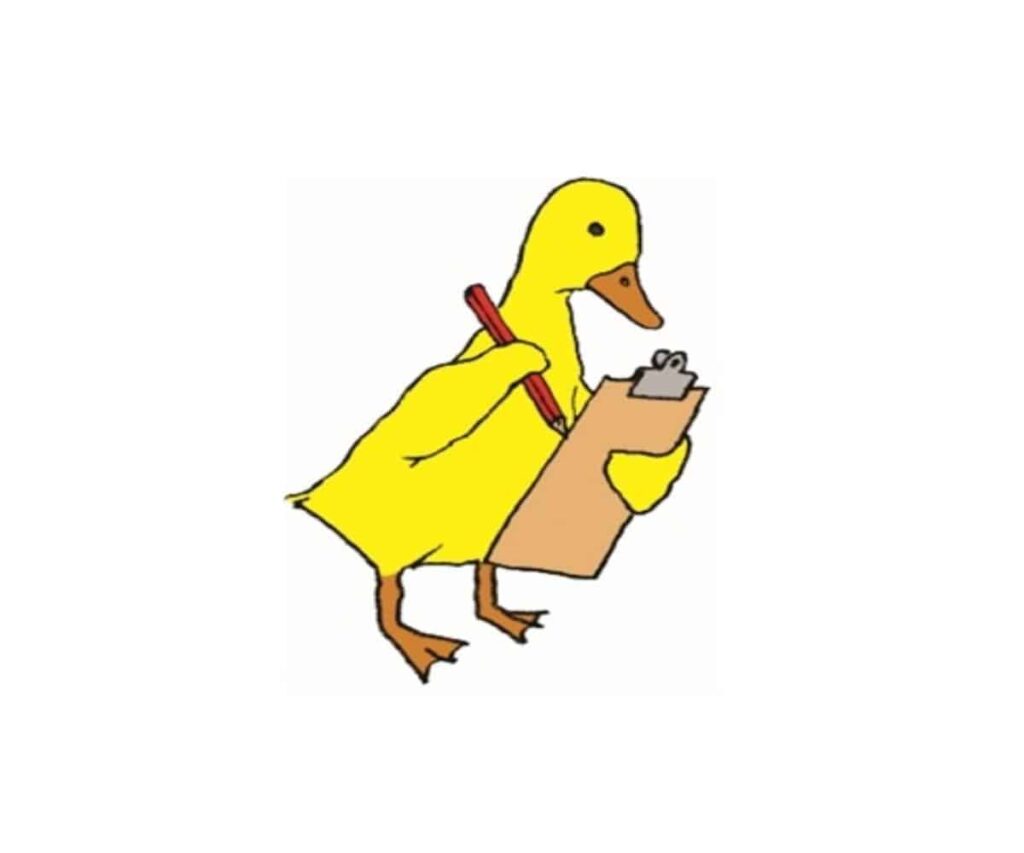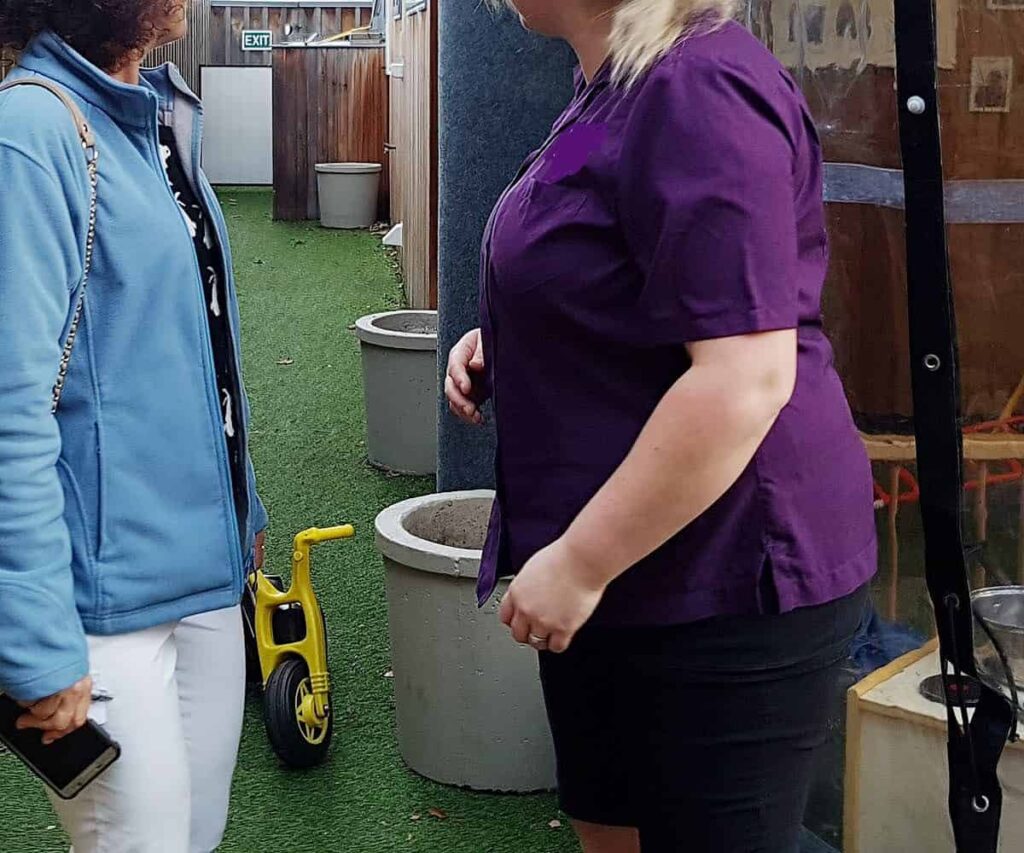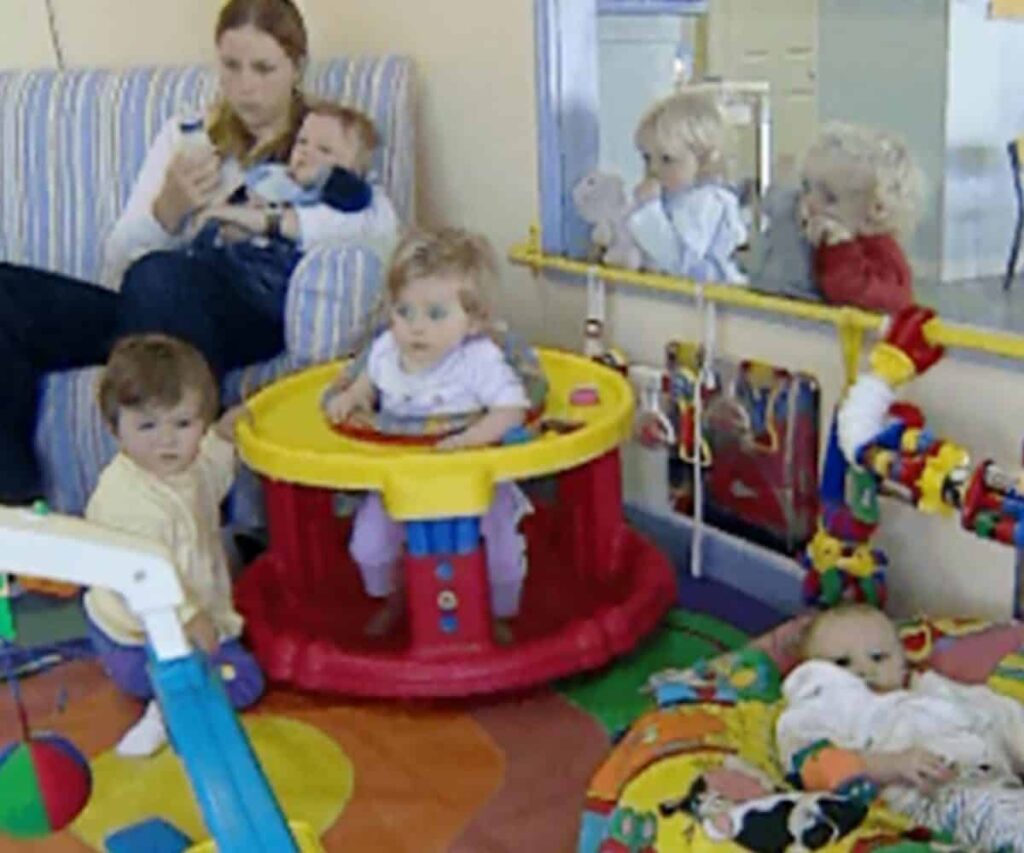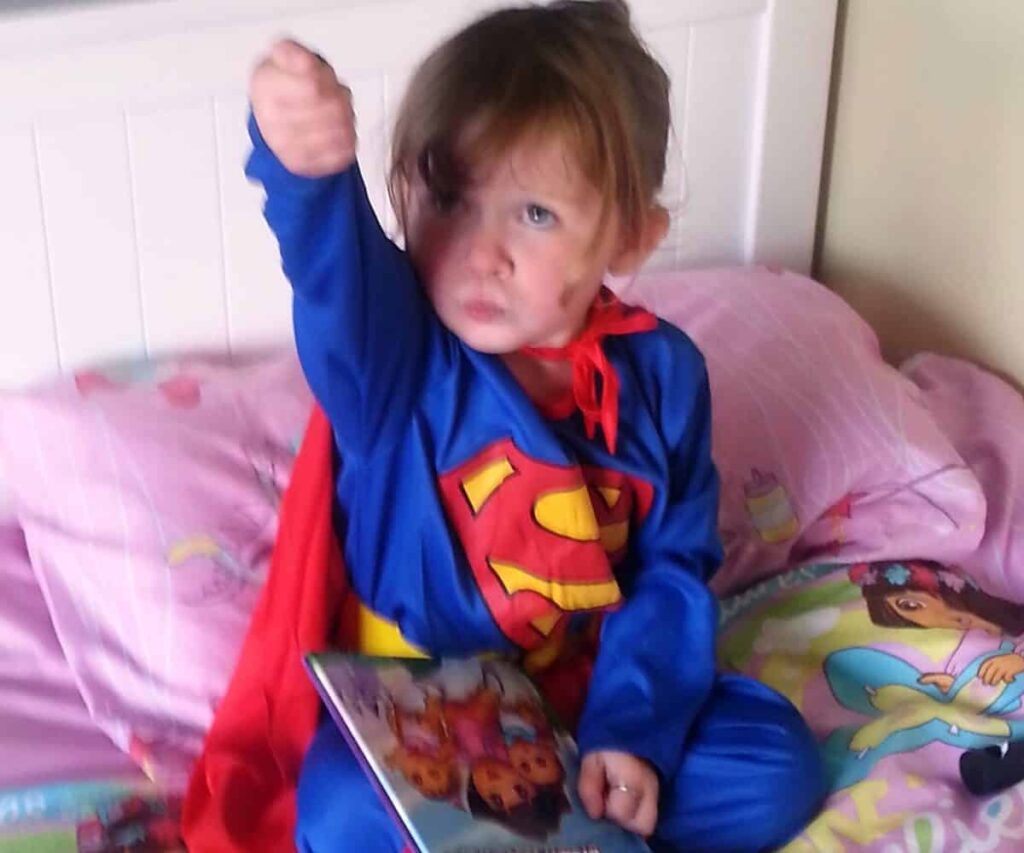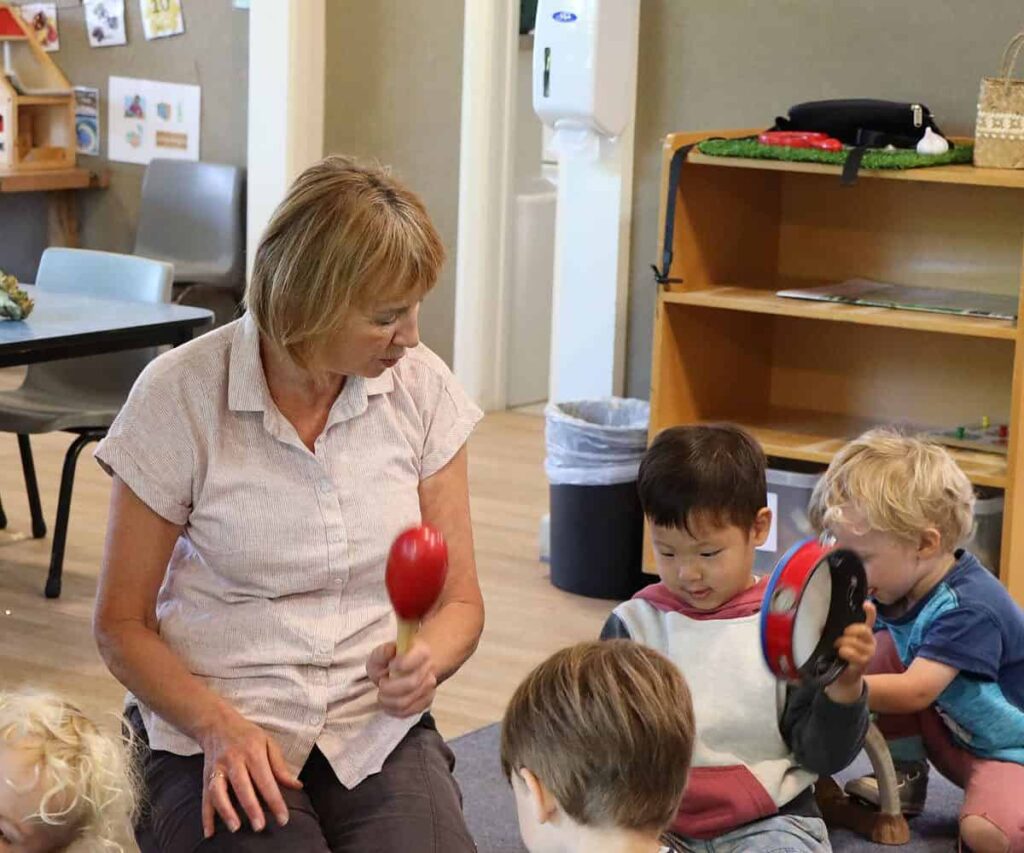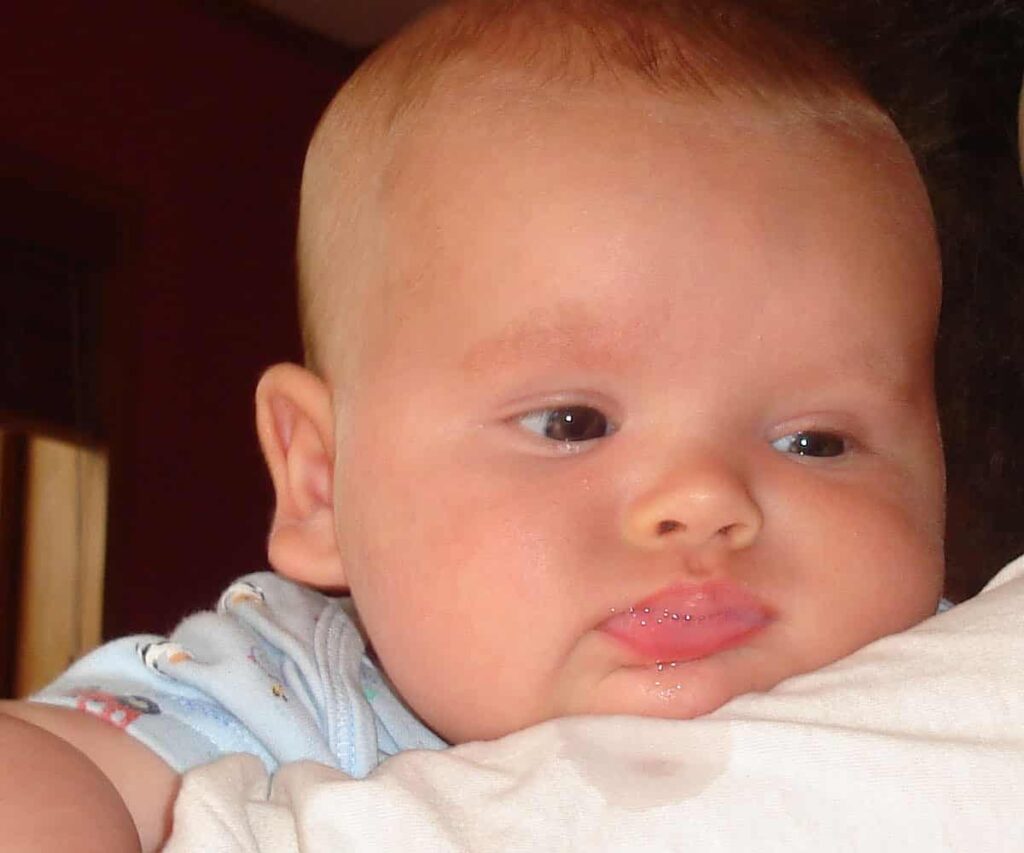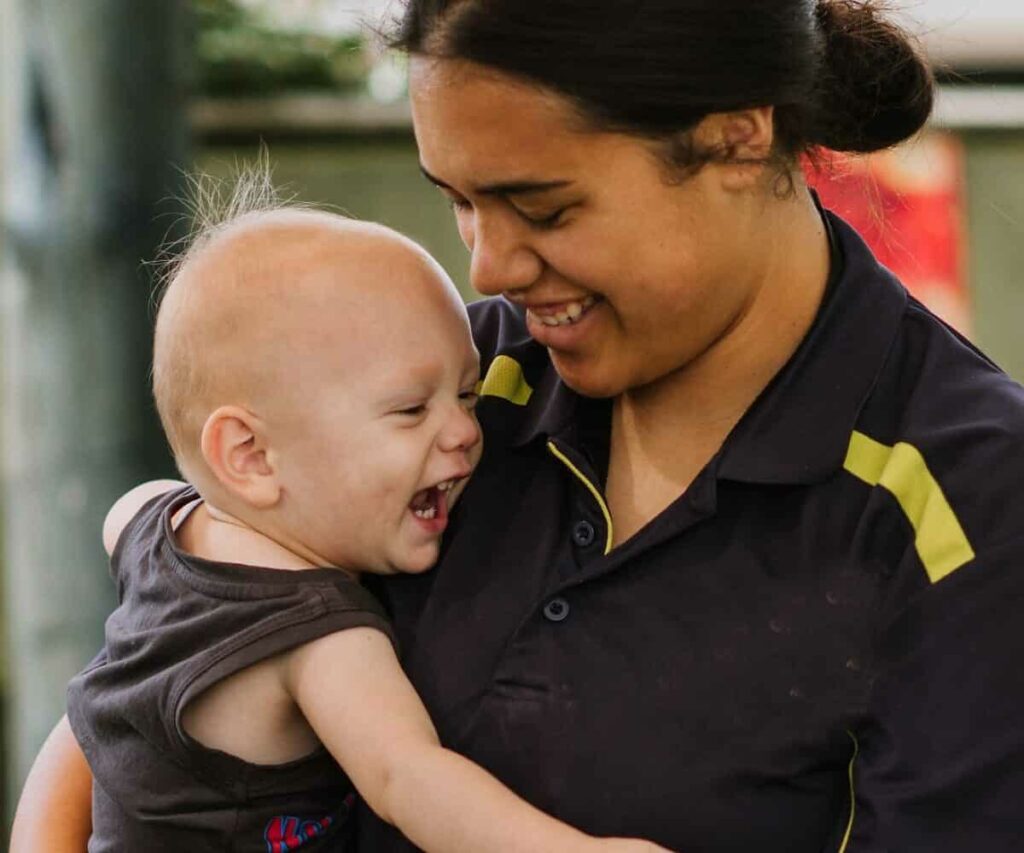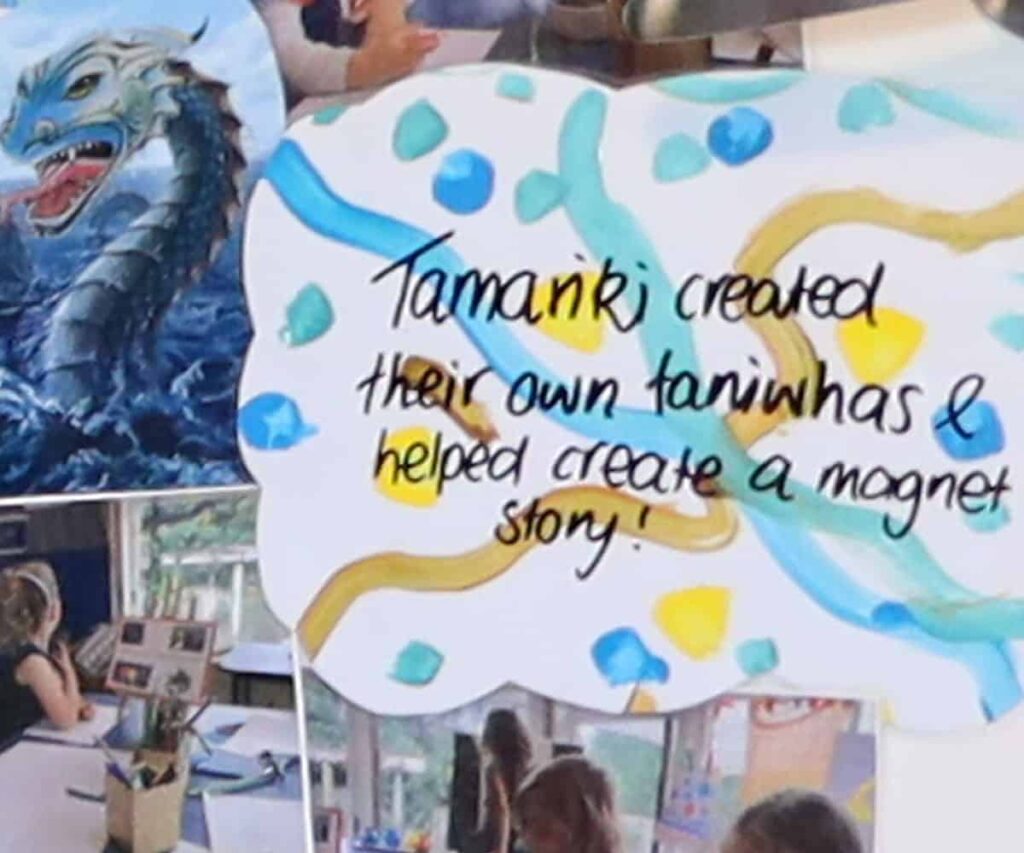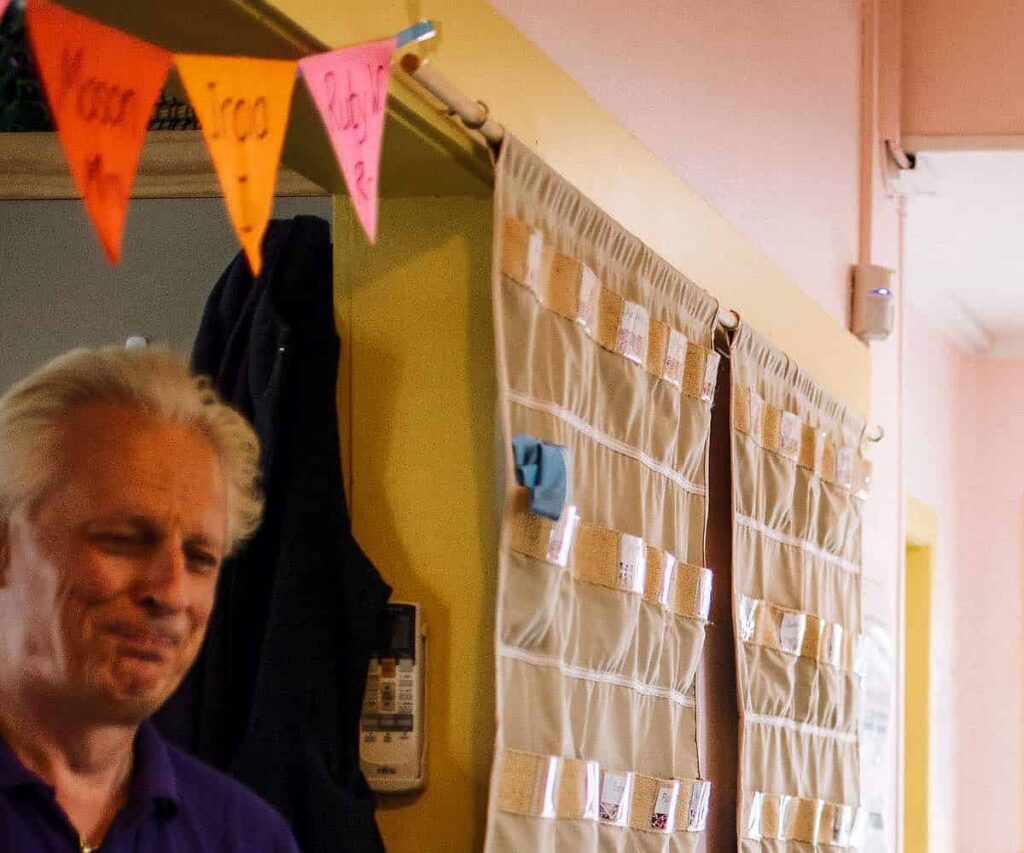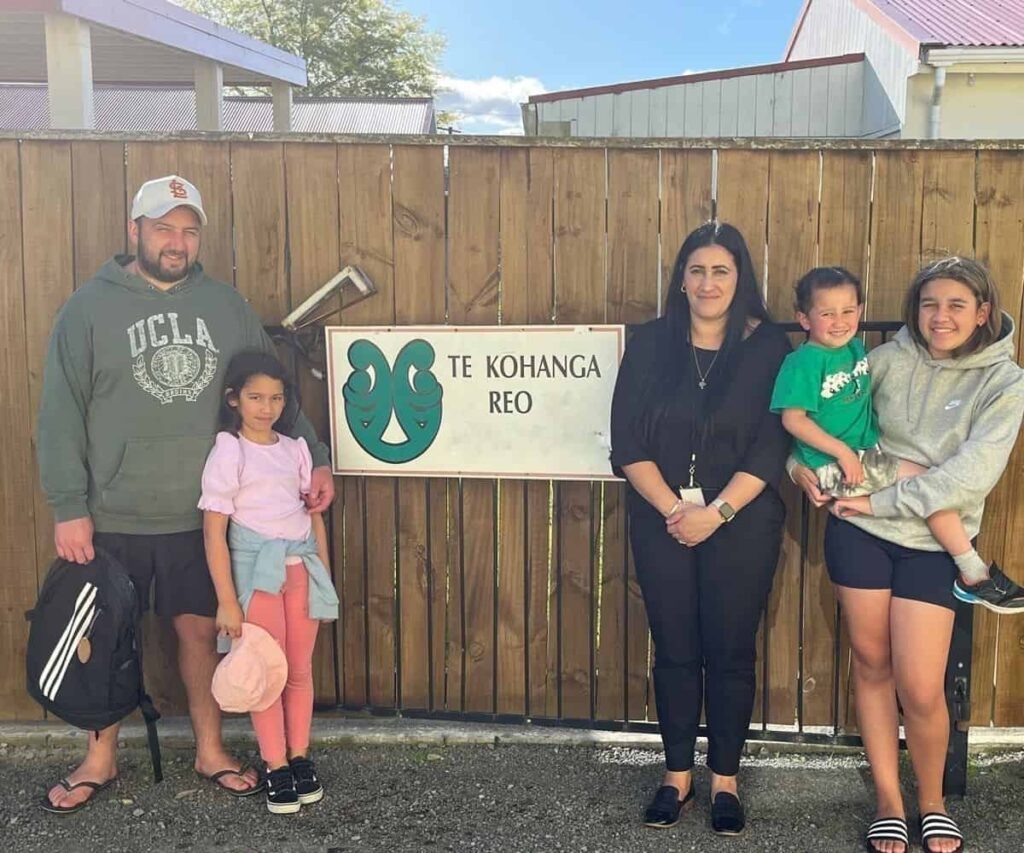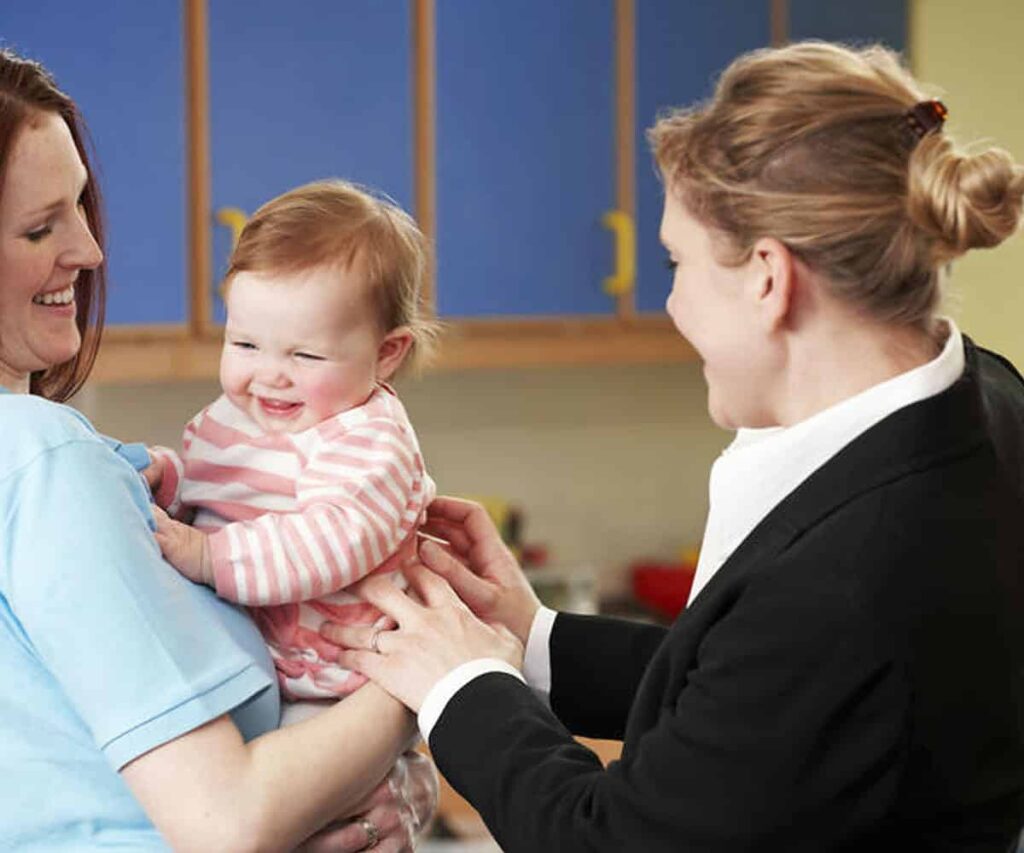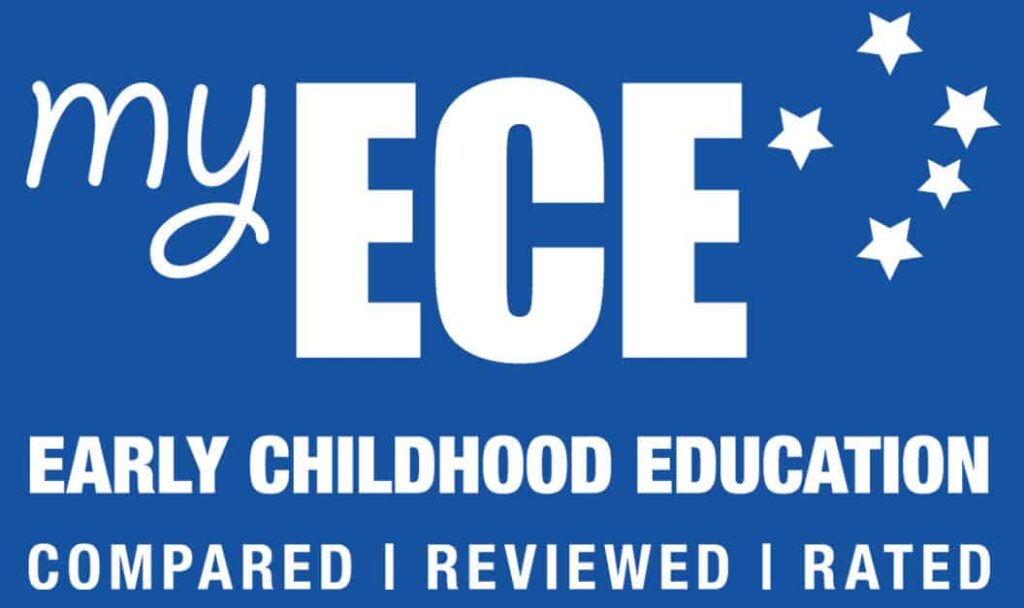First aid kit
Every service must have a first aid kit that is easily recognised and accessible only to adults.
The first aid kit must at least contain:
- Disposable gloves.
- Means of cleansing wounds, e.g., sterile saline solution.
- Means of holding dressing in place e.g., safety pins, bandage clips, tape.
- Sterile wound dressings including plasters.
- Stretchable bandage rolls.
- Means of immobilising an upper limb injury, e.g., triangular bandage.
- Scissors.
- Tweezers.
- Cold pack.
- First aid manual.
- National Poisons centre phone number 0800 Poison or 0800764766.
- Healthline phone number 0800611116.
- Category (1) medicines as selected by the centre (These require appropriate written authority from parents).
The number of items and size of the First Aid kit is not specified in the requirements.
First aid qualifications and training
At centres, for every 25 children (or part thereof) there must be at least one adult present who holds a current first aid qualification gained from a trainer employed by a registered education organisation granted consent to assess first aid unit standards by the New Zealand Qualifications Authority. Or the adult may be doctor or nurse with a current practising certificate or a qualified paramedic.
At home-based service homes, a first aid-qualified adult must be present at all times when children are attending. Should a new educator’s access to first aid training be limited due to circumstances beyond the service provider’s control, service providers must ensure that their educators have knowledge of first aid and gain a first aid qualification within four months of starting work at the service.
The first aid qualification must be refreshed every two years to maintain the certificate as current, by completing a refresher course.
Services must keep copies of current first aid (or medical practising) certificates.
Discussion: It is not a legal requirement, but we recommend that as part of the induction of new staff every ECE service provides its staff (including day relief staff) with training on appropriate first aid responses for the children and for the setting. Services differ in the age and needs of children, physical layout, where the first aid kit is, phone numbers to call etc. Just as we prepare for an earthquake – so too we should prepare/practice for what to do if a child chokes, bangs their head, stops breathing, etc. We know that it can be a highly stressful situation for staff dealing with a medical emergency, such as choking on food. Being prepared, knowing what to expect and how to react, can help for staff to remain calm and remember and use the correct first aid techniques.
Medical assistance and incident management
The first aid qualified adult is the adult who must administer the first aid to an injured child or supervise the administering of first aid to an injured child.
All practicable steps are taken to get immediate medical assistance for a child who is seriously injured or becomes seriously ill, and to notify a parent of what has happened.
A child’s medical practitioner or medical centre is consulted if practicable.
All injuries and incidents must be recorded, even minor ones. The record must include:
- The child’s name.
- Date, time, description of incident.
- Actions taken and by whom.
- Evidence that the parents have been notified/informed.
Incident notification
Where there is a serious injury or illness or incident involving a child while at the service that is required to be notified to a specified agency, the service provider must also notify the Ministry of Education at the same time. A copy of the notification must be kept by the service.
“Specified agency” means any government agency or statutory body that the service is required to notify if there is a serious injury, illness, incident or allegation – e.g., the Police, Ministry of Health, Oranga Tamariki, WorkSafe, and the Teaching Council.
Failing to meet minimum standards
The Ministry of Education needs to know:
- If you are concerned children’s needs are not being met.
- If you are concerned a service is not meeting a minimum legal requirement.
READ MORE: How to make a complaint and your options.
CAUTION: This page and the information here is provided as part of the My ECE Guide to Regulations and Licensing Criteria for Early Childhood Education Services (The Guide). The Guide does not purport to be a full and accurate interpretation of all statutory provisions relating to early childhood education services. While best efforts have been used in preparing this guide, no representations or warranties of any kind are made and My ECE assumes no liabilities of any kind with respect to the accuracy or completeness of the content. Please note that the Government and Ministry of Education may change, update, or alter any of the requirements at any time. Please help to keep the information on this page up to date by letting us know of changes that need to be made.
Thank you! Kia pai te rā
Reference:
First Aid, Incident Management and Reporting. Published in the My ECE Guide to Regulations and Licensing Criteria for Early Childhood Education Services, prepared by Dr Sarah Alexander and Warwick Marshall.
Last reviewed: 20 November 2022
